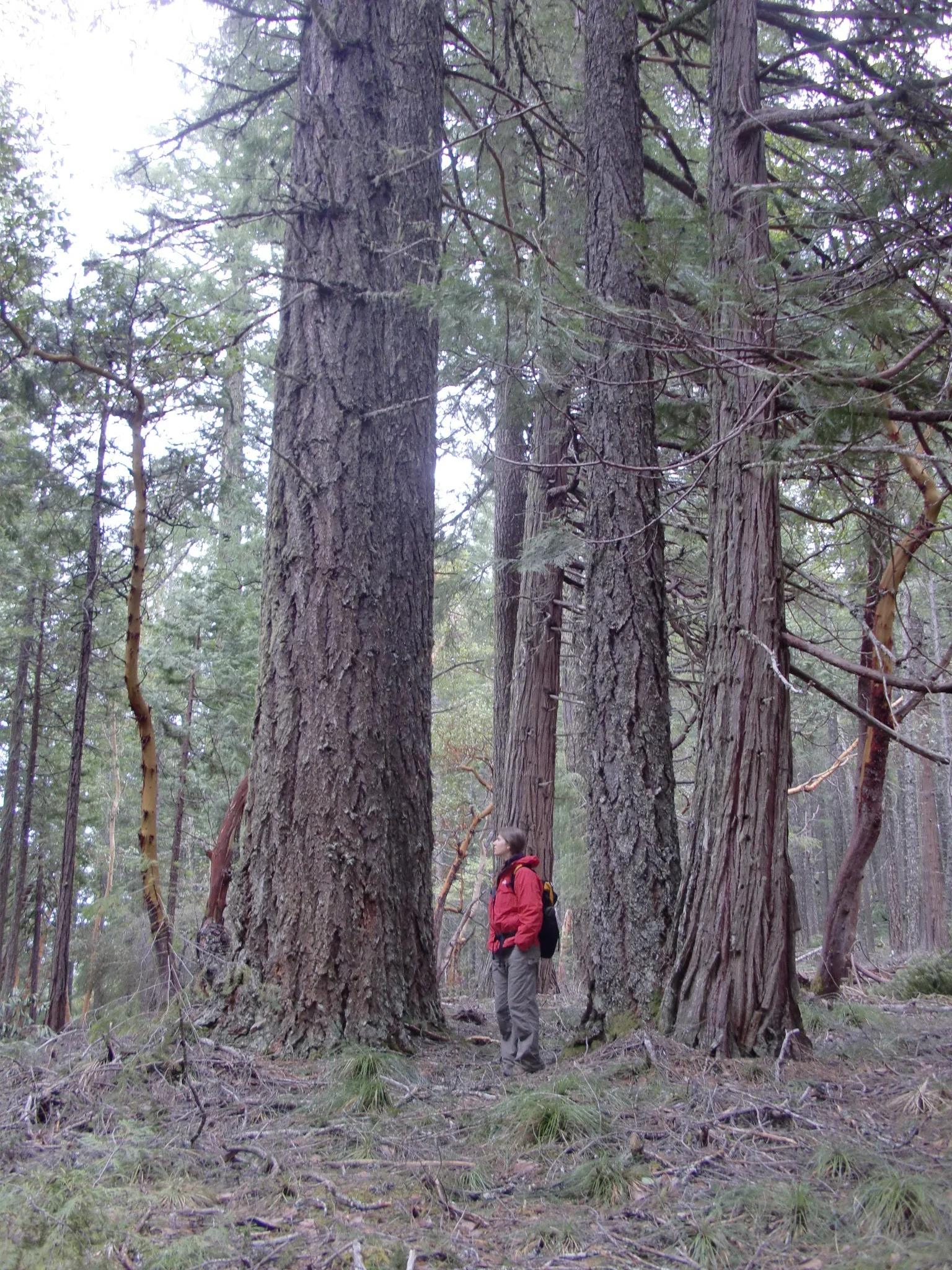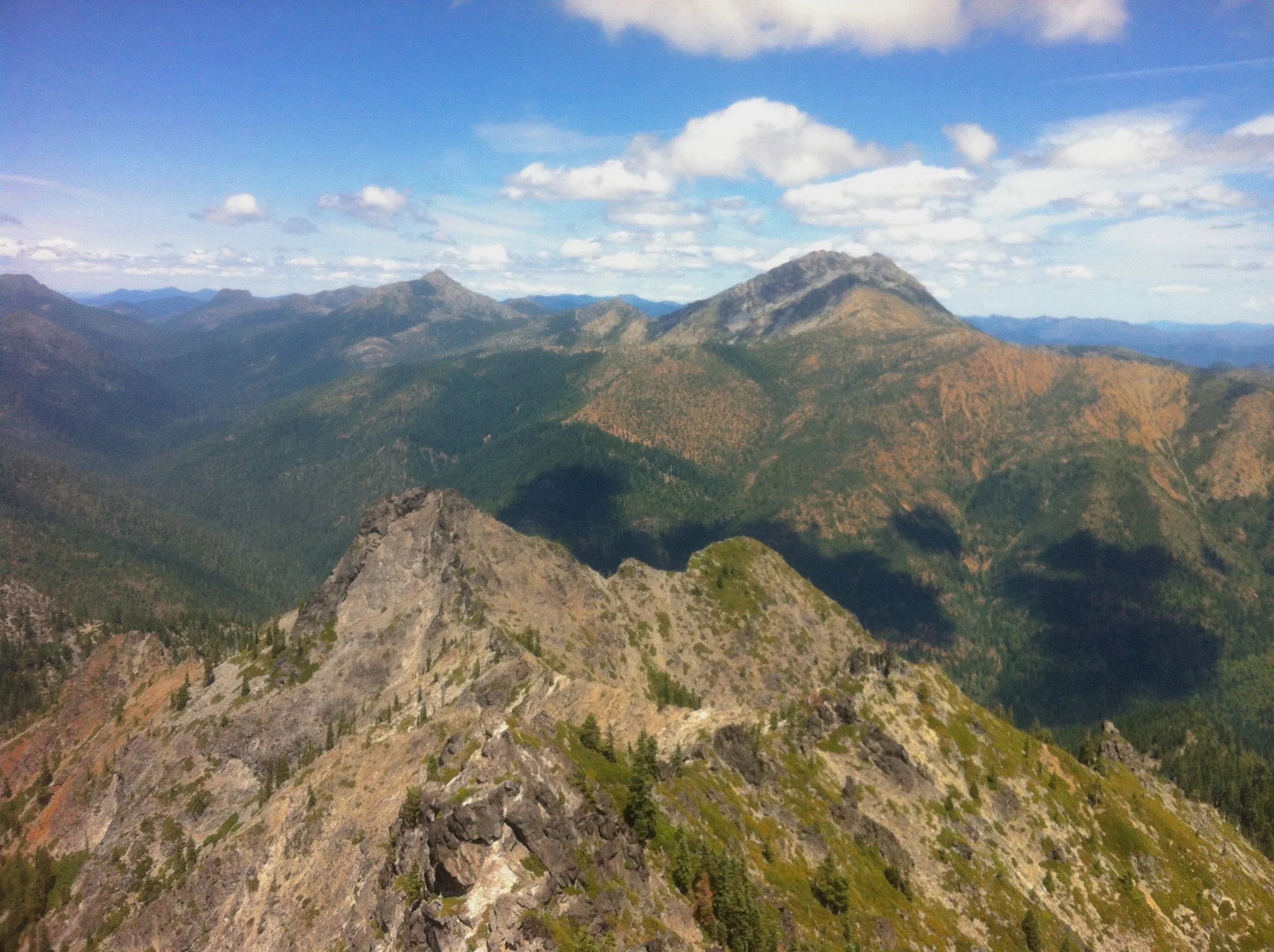Recent Success for the Klamath-Siskiyou
Thank you KS Wild members , business supporters, & action takers, your efforts create change!
In a successful legal objection, the U.S. Forest Service regional office has directed the Klamath National Forest to reject the northern Californian Discovery Day mining proposal and has required the miners to clean up their mess.
The Pacific fisher became a primary focus of KS Wild's research and advocacy efforts very early in the history of the organization. KS Wild considers the fisher a key indicator species for the health of the Klamath-Siskiyou ecosystem, and we are alarmed by the species' decline throughout its range.
KS Wild and the Department of Fish & Wildlife teamed up with the affected rancher to determine the best way to deter the Rogue Pack from taking out cattle—by building a tall fence. Through a successful GoFundMe effort, KS Wild raised the remaining $6,000 needed for the project to keep the wolves out and protect the cattle.
The 571-acre “Graves” timber sale was halted on July 2nd, protecting mature and old-growth forests from logging, leaving forest canopy and wildlife habitat intact.
In a win for a national monument stretching from Southwest Oregon into Northern California, a federal judge rejected a logging company’s challenge to President Obama’s expansion of Cascade-Siskiyou National Monument in 2017. The monument was first protected in 2000 under the Antiquities Act as an ecological wonder, known for its incredible diversity of species.
There are likely only 200 Humboldt Martens left in the wild - in the forests that hug the central and southern Oregon coastal region. That is why we joined our allies to petition the state of Oregon to protects this beautiful, fierce, cat-like animals.
Congress enacted a Fire funding fix that will stop the Forest Service practice of “borrowing” funding from Forest Service programs to use towards fighting wildfire. KS Wild is generally supportive of this approach, but several other provisions in this bill would impact our national forests. Check out the analysis of the bill from our friends at The Wilderness Society.
The Siskiyou Crest is one of the most biologically, botanically, and geologically special places in the world. It is also a climate change refuge for plants and animals and a recreational wonderland. It is no place for clearcut logging. So we had to stop it.
On June 14, 2017, Oregon Governor Kate Brown signed a Suction Dredge Reform bill into law, after passing out of the Oregon Legislature with bipartisan support. The new law permanently places rivers and streams that provide habitat for sensitive salmon and lamprey off limits from suction dredge mining.
Overwhelming support from local communities and more than 70,000 comments in favor of protecting wild rivers and drinking water made a difference in defending against the imminent threat of nickel strip mining. On January 13, 2016, the Department of the Interior signed off on a 20-year mining ‘time-out’ that encompasses 100,000 acres and 100 miles of the North Fork Smith, Illinois River, and Hunter Creek watersheds.













